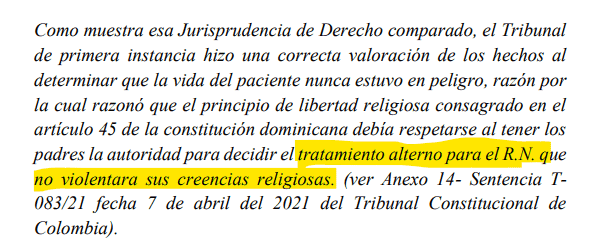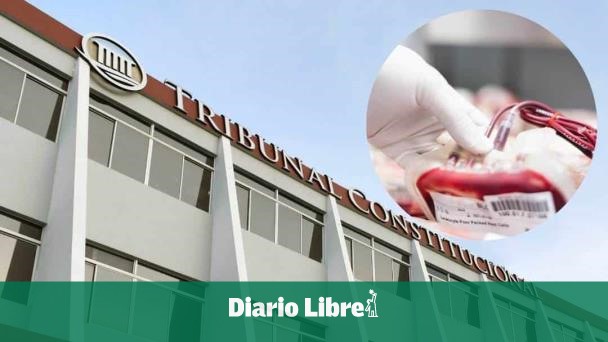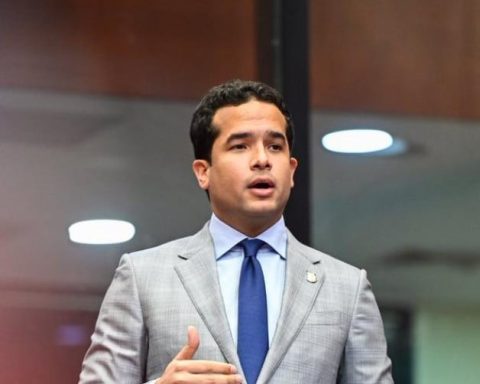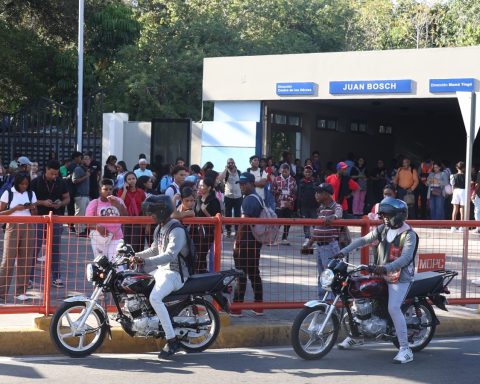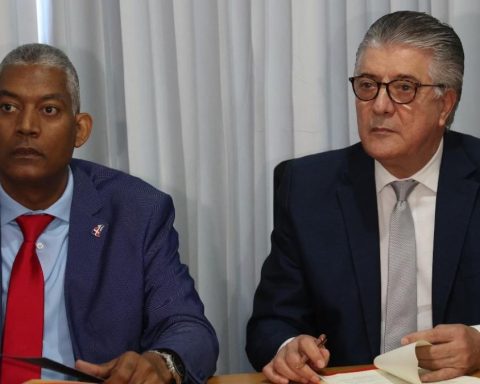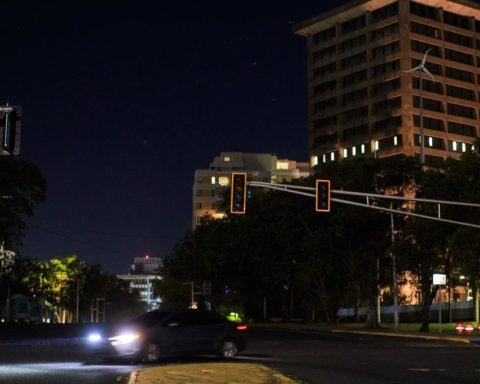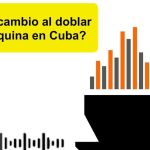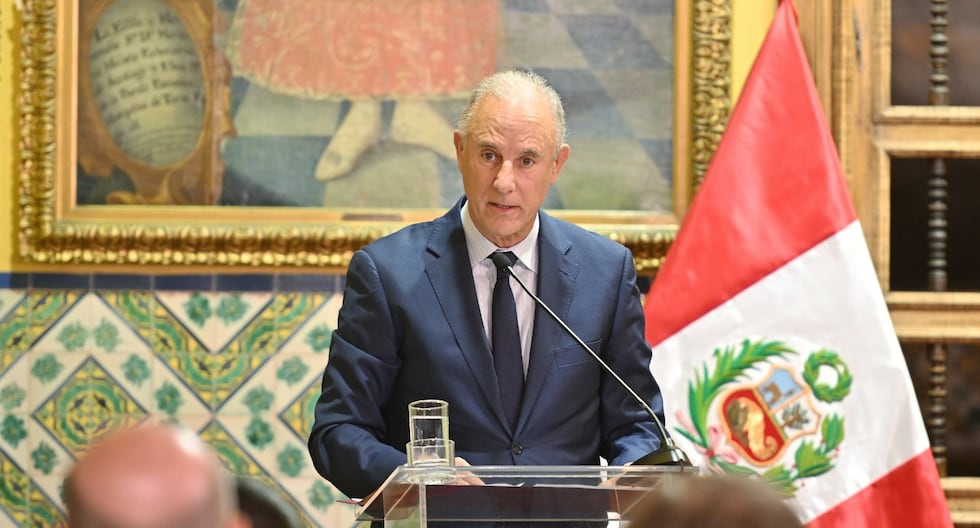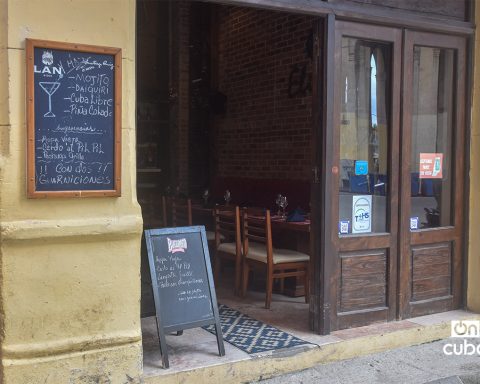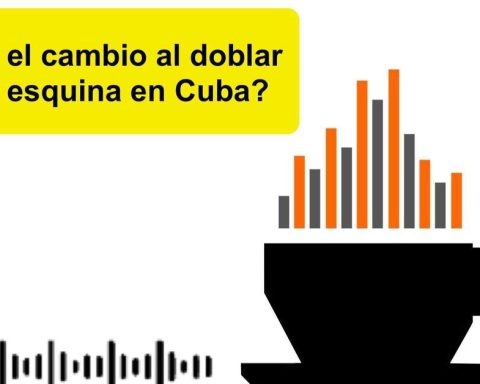The failure of the Constitutional Court (TC) released this Friday July 19, had a significant impact in the legal field by addressing the delicate conflict between religious rights and the right to life. The judgment, issued on 27 August 2023, determined that the best interests of the child must prevail over the parents’ right to freedom of religion and conscience.
This case involved parents Jehovah’s Witnesses who, for religious reasons, opposed the blood transfusion that their newborn son needed. Although by the time the decision was issued, the First Civil Chamber had already ordered treatment with human immunoglobulin and the minor was discharged from hospital, the TC decided to issue its ruling to establish a legal precedent and provide a teaching resource for the legal scholars.
This ruling generated mixed opinions among constitutional lawyers on whether or not the judgment sets a precedent in the Dominican Republic.
Lawyer Eduardo Jorge Prats, The Court considered this Saturday, July 20, that this decision marks an important precedent in the way in which the courts should address conflicts of rights. However, it stressed that each case is unique and that the courts must adapt their interpretation to the specific circumstances.
According to Prats, there is no fixed hierarchical order of values in the Constitution; in some cases, one right may prevail over another, while in others, that same right may be subordinated.
After being interviewed by a team of Free Newspaper, He argued that this case does not establish that the right to life or health should always prevail, but rather offers guidance on the weighing of rights as a method of resolution.
“This ruling resolves a paradigmatic case of conflict of rights where the rights at stake must be weighed in order to try to harmonize them,” Prats explained.
On the other hand, the lawyer Nassef Perdomo He stated that he has a different view on the impact of the ruling, understanding that Article 184 of the Constitution establishes that the decisions of the constitutional Court are binding on all public authorities.
“This means that the ruling sets a precedent that must be respected in similar cases,” the lawyer said.
The Constitutional Court recognized the rights of parents to profess a religion and act according to their beliefs, protected by Article 45 of the Constitution. However, it pointed out that when it comes to the protection of a minor, the preservation of his or her life and health is above any individual interest of third parties.
What the sentence establishes
Through the sentence TC/1078/2023, The high court ruled that the best interests of the child must prevail over the parents’ right to freedom of religion and conscience.
The incident took place on July 14, 2023, when the Office of the Prosecutor for Children and Adolescents of the Province of Santo Domingo received a complaint through the Línea Vida. The complaint reported that some parents had refused to give their consent for their baby, barely a day old, to receive a blood transfusion necessary to save his life at the National Polyclinic Center.
The newborn had low haemoglobin levels and high bilirubin levels. He was born with an alveolar fibrillation incompatibility condition and required an immediate blood transfusion. The baby’s parents were opposed to this treatment and opted for an alternative offered by another doctor, which consisted of administering human immunoglobulin for three days and performing phototherapy.
He Public ministry, Represented by prosecutor Xarama Saray Guerrero Rojas, he filed an appeal for protection before the First Civil Chamber of the Court for Children and Adolescents of the Judicial District of Santo Domingo.
Given the conflict of rights in this case, the court decided that the baby should be subjected to alternative treatment and, if it did not have the expected effect, a blood transfusion should be carried out immediately. This decision was made on July 15.
In his judgment, the constitutional Court established that “there were flaws” in the decision of the First Civil Chamber that allowed the implementation of an alternative treatment instead of a scientifically proven procedure for the baby’s illness.
